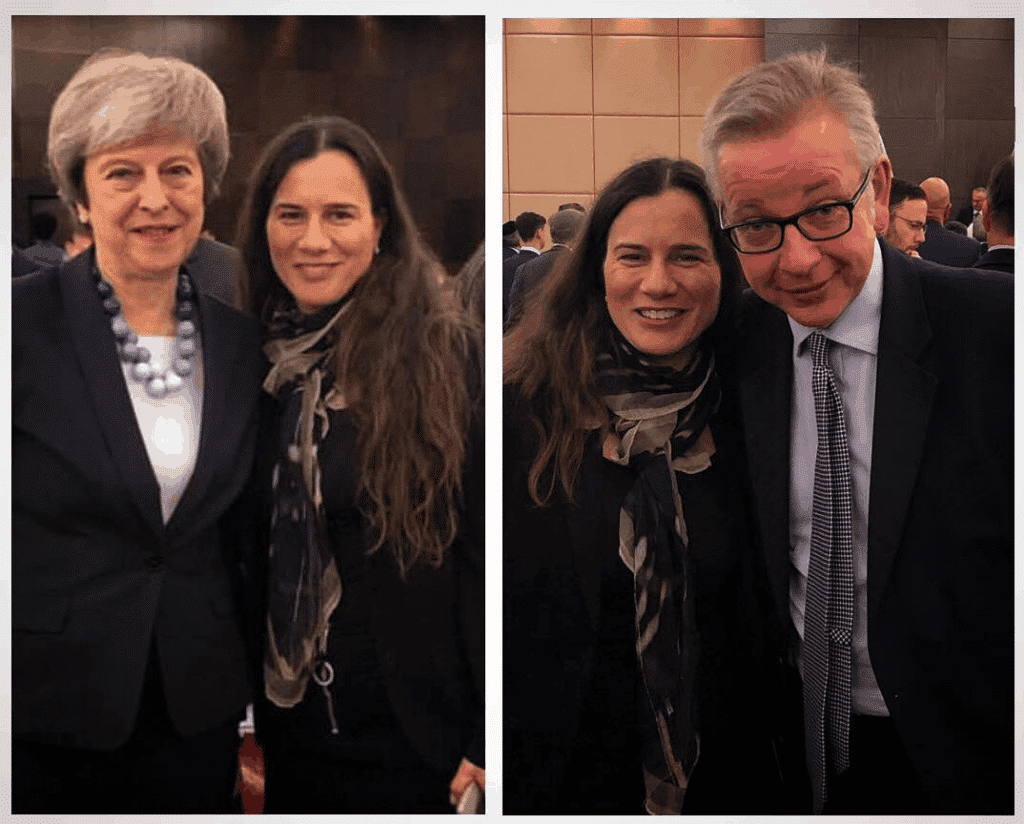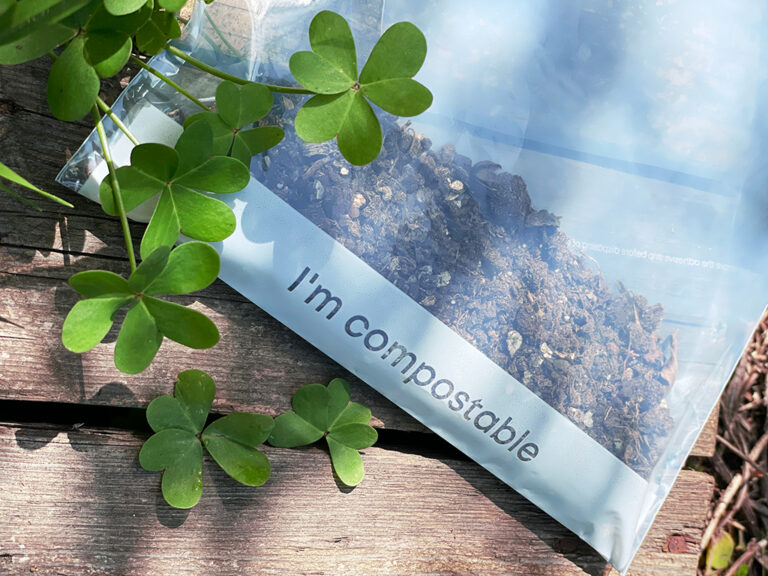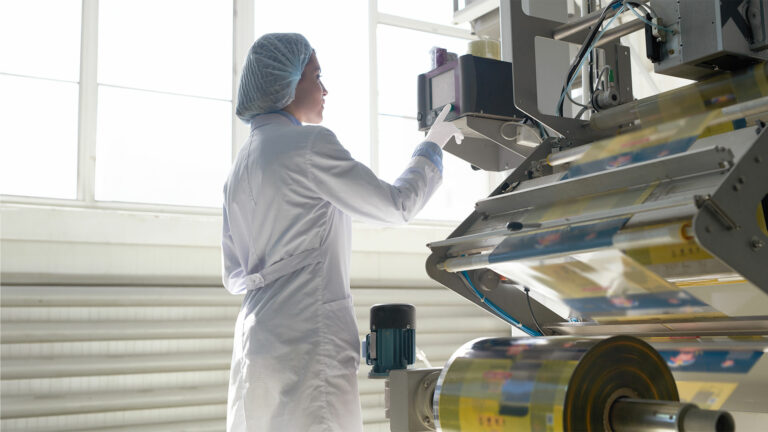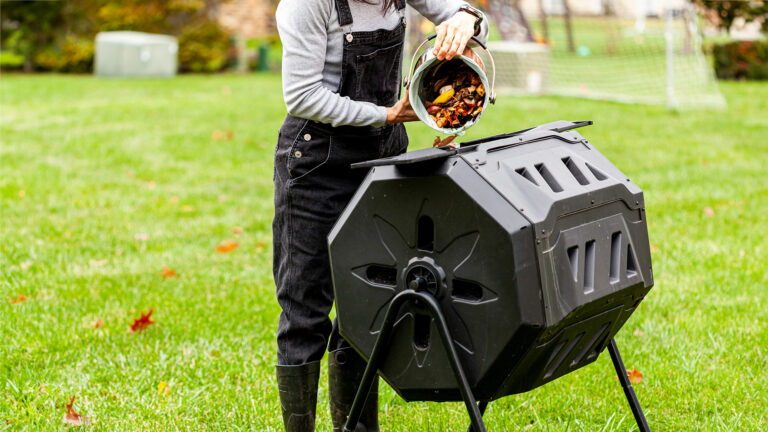The aftermath of China’s recycling ban has turned out to be as catastrophic as it was predicted to be when it first took effect at the beginning of the year. According to a recent policy briefing from Rice University, China’s ban on plastic waste imports has sent the U.S. recycling industry into turmoil, while a Greenpeace investigation has revealed evidence of ‘recyclable’ plastic waste from around the world being dumped, buried and burnt at illegal sites in Southeast Asia – negatively impacting the health of the local communities.
As bales of trash piled up in the U.S., in the U.K., in Australia, and elsewhere, exporting nations began scouring the world for new buyers. In Southeast Asia, recyclers operating in Indonesia, Thailand, Vietnam, and Malaysia bought the trash but were quickly overwhelmed by the sheer volume that China once absorbed. Developing nations have become the dumping site for the developing world.
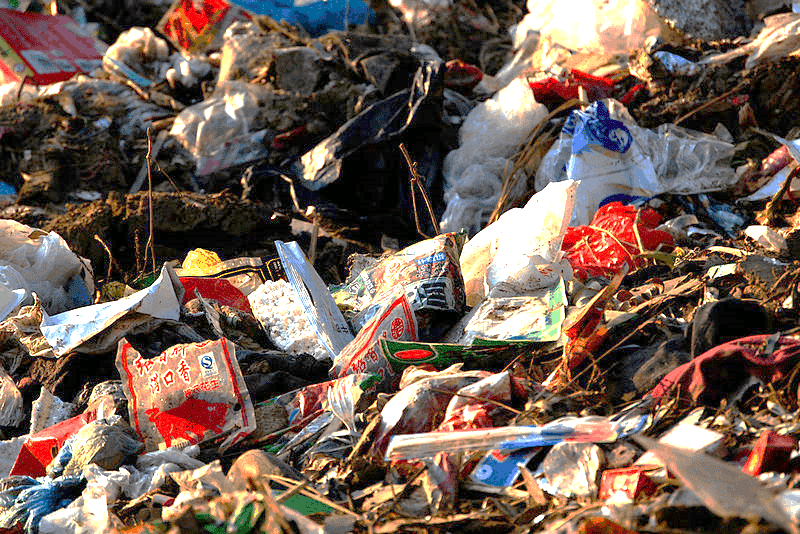
Plastic recycling doesn’t work
The major impact of the Chinese recycling ban has been to highlight that plastic trash poses an existential problem. This has put new pressure on plastic manufacturers, retailers and governments to find better solutions.
What happened in China brought to light a problem far deeper than the inadequate international infrastructure for recycling. A fundamental change in the way we make and use packaging, particularly plastic packaging, is needed. As the New Plastics Economy, an initiative by the Ellen MacArthur Foundation has said, “We need to radically rethink our relationship with plastic. Recycling and clean-ups are important, but we must address the root causes of plastic pollution, not just the symptoms.”
Circular thinking required
Historically recycling has not been more than a Bandaid on the plastic waste issue – to date, only 9% of waste has been recycled globally, with most of it ending up in landfills or in the environment, including in our seas.
The Ellen MacArthur Foundation makes the case that it is only through systemic change – a regenerative circular economy, that we can prevent plastic from becoming waste in the first place. For example, with a more holistic approach to waste management, increased adoption of biodegradable garment bags could allow these packages, which have thus far been difficult or impossible to recycle, to become a resource by being sent for composting along with food waste.
Legislative change
As a result of the turmoil sparked by China’s crackdown on waste imports, in Australia, commonwealth, state and territory environment ministers have agreed on an ambitious target that 100% of Australian packaging be recyclable, compostable or reusable by 2025.
In the United States, plastic legislation is being introduced at local, state, and national levels, often with a focus on a plastic bag and straw bans, and that food service ware be compostable.
Mexico is going plastic-free state-by-state with its #AdiosAlPlastico program. As shown in the image below, red is where bags and straws are already banned, and yellow is where legislation is happening. So far six states out of 31, with around 20% of a population of around 130 million are involved.
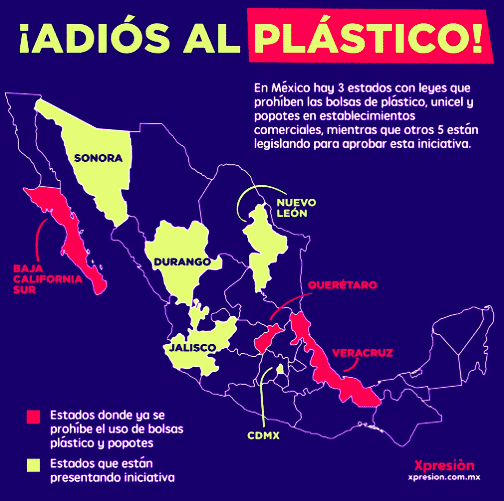
In Europe, the European Commission has proposed taxing non-recycled plastic packaging waste after Brexit. The proposal focuses on taxing the quantity of plastic packaging waste generated in each member state that is not recycled. Rethink Plastic, an alliance of leading anti-plastic pollution European NGOs, has argued that the proposed budget would prioritize recycling over prevention and reuse. It said the budget proposal does not include an incentive to encourage the reduction of plastic at source, nor for improved collection.
In the United Kingdom legislation is planned to ban the sale of plastic straws and drinks stirrers, as 8.5 billion are thrown away each year. The government has also announced plans for a deposit return scheme to crack down on plastic pollution. The process could be carried out through a network of reverse vending machines, where users insert plastic or glass bottles and the machine returns deposits.
Praise for the PM
TIPA CEO Daphna Nissenbaum spoke with UK Prime Minister Theresa May at a recent CFI event and expressed praise for her leadership in the plastic crisis. UK Secretary of State for Environment, Food and Rural Affairs, Michael Gove, and Daphna also discussed TIPA’s cutting-edge technology in fighting the crisis with compostable packaging.
